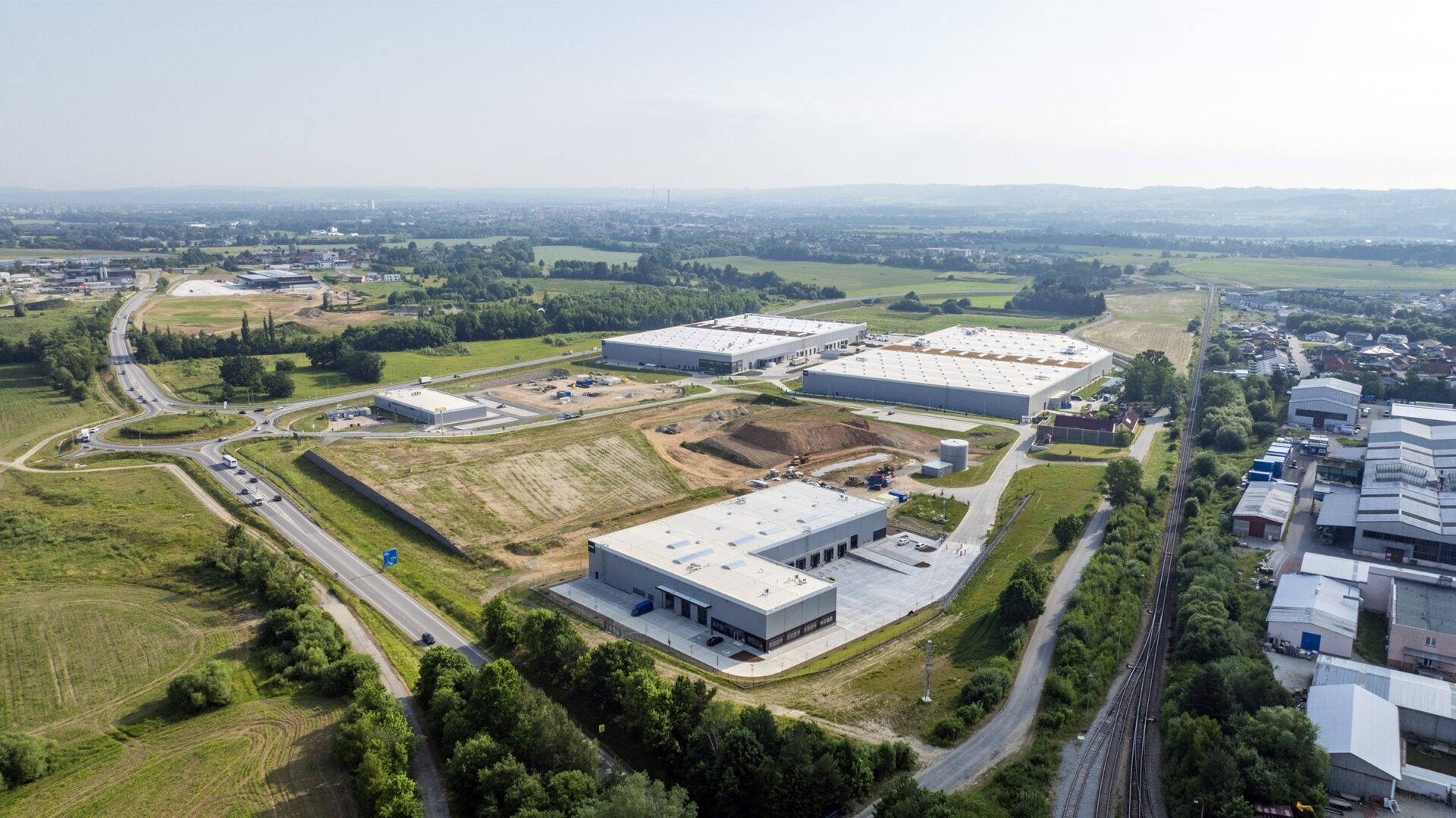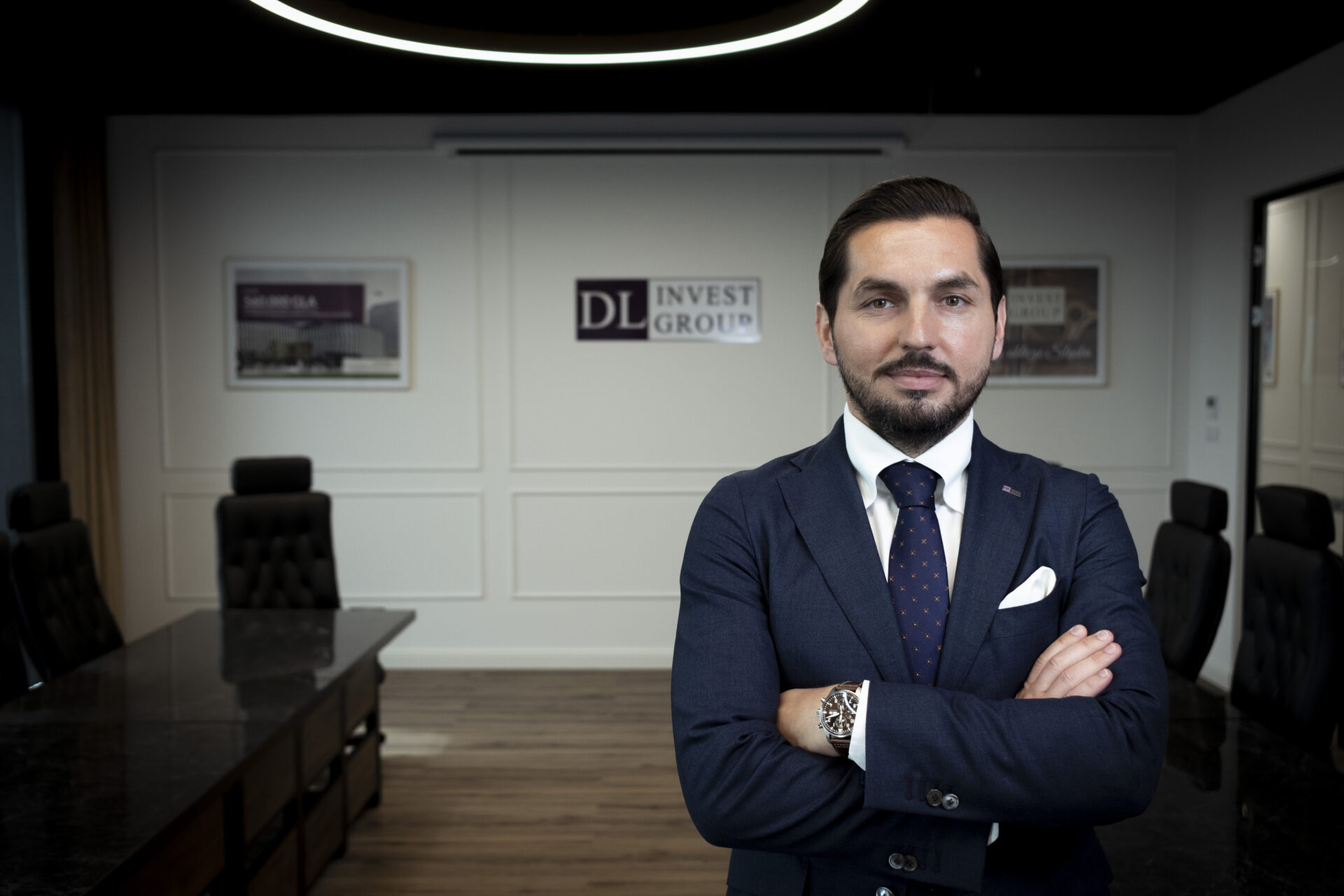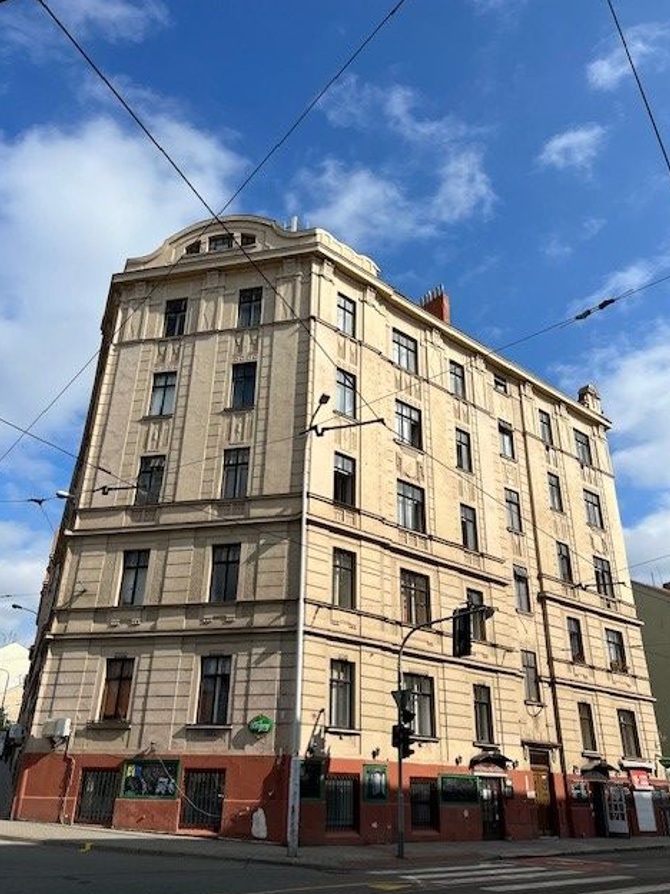The past two years of the Covid-19 pandemic did not leave the Austrian hotel real estate market unscathed. But what impact did the crisis have on buyer profiles and preferred investment products? Christie & Co has addressed this issue and summarized challenges, but also opportunities for the Austrian hotel real estate market in a multi-page report.
After the Austrian hotel, the real estate market almost came to a standstill at the beginning of 2020, there was already significantly more movement in 2021. In the first half of the year, hotel properties worth more than €110 million changed hands. In the end, the transaction year 2021 recorded a total volume of around €400 million.
The city hotel industry was hit much harder by the Covid-19 pandemic, which is why many investors focused their attention more on leisure destinations. This was also evident in the successful transactions carried out last year. For example, the hotel “Grüne Baum” in Ehrwald (Tyrol, 45 rooms) was sold to a German real estate entrepreneur, and the “Sporthotel Fontana” in Fieberbrunn (Tyrol, 125 rooms) was sold to the German developer Auszeit AG. Christie & Co exclusively advised on both transactions. Nevertheless, there were also some notable transactions in the city hotel sector. Schiehser Hotels added the hotel “ibis Styles Wien Messer Prater” (Vienna, 102 rooms) to its portfolio, and Liechtensteinische Landesbank acquired the “MEININGER Hotel Vienna Downtown Franz” (Vienna, 131 rooms) from CA Immobilien AG. In the latter case, Christie & Co also acted in a supporting capacity for the seller.
Looking at the active buyers, a shift within the investor profiles is also noticeable. While institutional investors, who previously saw hotels as a safe long-term investment, still accounted for well over 50 percent of the transaction volume in 2019, their share fell back to around 20 percent in 2020/21. Among other things, this is due to the uncertainties in the hotel market. On the other hand, real estate companies showed an almost reverse change (from 21 percent to 52 percent). Value-add and conversion opportunities were decisive and important criteria in purchasing processes in 2020/21.
However, the origin of buyers also shows clear shifts within the investor groups. Asian investors had been on a par with Austrian buyers before the pandemic (just over 30 percent in each case), they dropped to a minor percentage in 2020/21. This is due not least to travel restrictions and local closures. Austrian investors emerged as one of the most active buyer groups even before the pandemic, but in terms of investment volume their share now even grew to almost 70 percent in 2020/21. In comparison, German investors remained equally active in the past 2 years as they were in 2019.
In summary, therefore, it can be said that the pandemic has led to a significant shift at several levels. Changes could also be observed with regards to the type of contract. Whereas before the pandemic it was predominantly hotels with long-term leases that were sold, in 2020/21 the focus of investors was primarily on operator-free properties. On the one hand, this can be explained by the potential for repositioning and repurposing; on the other hand, many privately managed hotels without operators were also sold. Not least due to the changed travel behaviour of tourists, there was also a shift within the preferred hotel categories. Especially midscale products gained more popularity in the past 2 years and held with one third as much share of the total transaction volume as upscale products, which still recorded just under 50 percent in 2019.
“The last 2 years have been challenging for the entire hotel industry, investors had to adapt their search profiles to the changing conditions. In 2019, Vienna was still the most sought-after hotel market in Austria, and now the focus clearly shifted away from city hotels and towards leisure destinations. There have also been exciting changes in terms of the preferred investment product,” comments Melanie Waraschitz, Consultant Investment & Letting at Christie & Co.
“Despite all the difficulties, we are convinced that the crisis has also produced opportunities and possibilities for the industry. On the one hand, a market shakeout is taking place, while at the same time new players are bringing a breath of fresh air to the hotel market. Overall, a positive trend can be recognised, so it can be assumed that the recovery will continue in 2022 and that we can look forward to some transactions,” adds Simon Kronberger, Director Austria & CEE.







